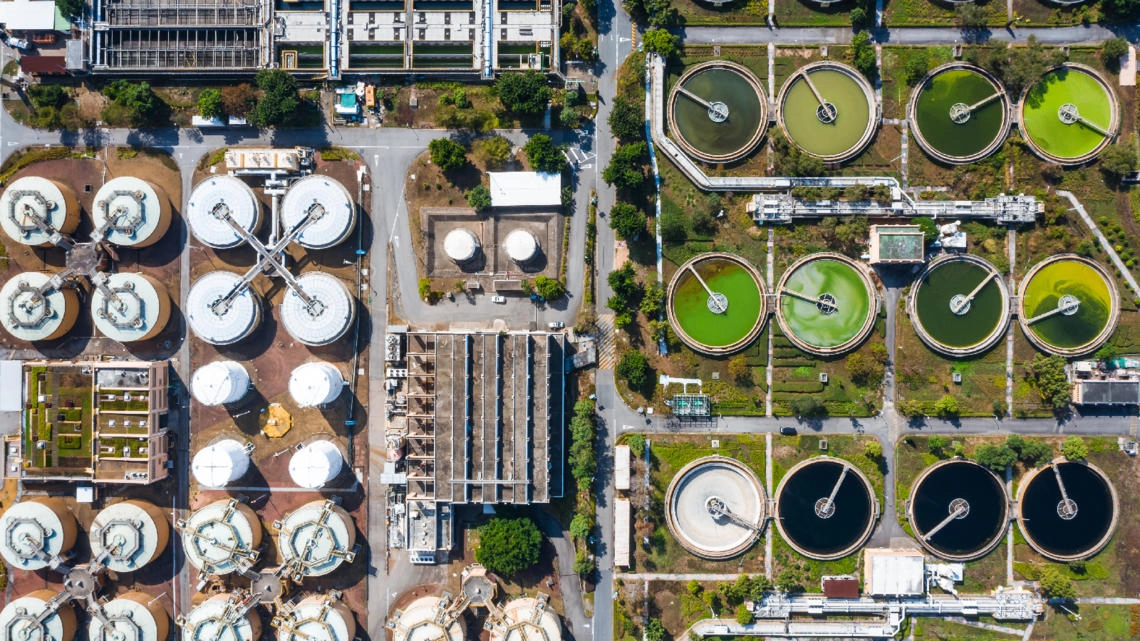Geneva/New Delhi 4 June 2021: World Environment Day 2021 to be celebrated tomorrow, calls for urgent action to revive our damaged ecosystems.
Water touches and impacts all of the other seven ecosystems (oceans and coast, farmlands, forest, grasslands, mountains, peatlands and urban areas) defined by UN Decade on Ecosystem Restoration and forms the basis for human prosperity and well-being. Water is essential to all life and sits at the heart of our efforts to feed and power our societies and economies globally.
The Living Planet Report 2020 by WWF also points out that freshwater species populations have seen a particularly steep decline – 84% since 1970 (compared to 68% for other species). With an estimated 80% of all wastewater produced globally being released directly into the environment without any treatment, acting on water pollution could go a long way in protecting these ecosystems and potentially lead to their restoration.
The World Business Council for Sustainable Development have developed a Wastewater Zero Commitment mechanism to drive business action for reducing impacts of wastewater on climate, biodiversity and water security. This work is a continuation of the report launched by WBCSD in 2020 on Wastewater Zero – A call to action for business to raise ambition for SDG 6.3 that provides a six -point action framework for businesses to address the problem of industrial wastewater pollution.
To raise ambition for SDG 6.3 – which calls for halving the proportion of untreated wastewater and substantially increasing recycling and safe reuse- business must commit to Wastewater Zero. Three pillars are central to the business commitment:
- Zero pollution: Treating all wastewater and releasing zero hazardous substances into the environment.
- Zero freshwater: Increasing the proportion of water reused and recycled
- Low-carbon: Adopting low carbon wastewater treatment processes.
The commitment aims to support the elimination of industrial wastewater pollution by 2030, by committing business to set ambitious targets and take action in their operations and supply chains.
Water is one of the nine pathways highlighted in WBCSD’s Vision 2050, a bold agenda for business action and long-term value creation fully aligned with the SDGs and the Paris Agreement. The Wastewater Zero Commitment supports one of our key action areas for business in the next decade i.e. to safely treat all wastewater and increase water recycling and reuse while reducing pollution and eliminating the release of hazardous chemicals and materials.
WBCSD is delighted to announce CDP and UN-Habitat as Wastewater Zero Champions. Together, the three organizations will collaborate and work towards the elimination of wastewater pollution, with a focus on mobilizing business action and addressing the enabling environment that can accelerate and scale the required action.
Join WBCSD, CDP and UN-Habitat for a webinar on 24 June 2021 (to be held in two time zones: 10 am CET register here and 4 pm CET register here) to learn more about the Wastewater Zero Commitment.
“Wastewater pollution is multi-faceted risk that is solvable and at the same time presents opportunities to recover nutrients, energy and water “, said Tom Williams, Director for Nature Action & Water at WBCSD. “With scarce resources and growing pressure from governments and investor, business needs to act now and UN-Habitat and CDP are key partners to collaborate with in mobilizing business action”.
“Businesses have a vital role to play in tackling water pollution and cleaning up our rivers and wetlands. Yet CDP’s data shows companies have a long way to go before the elimination of corporate water pollution becomes mainstream. We call on businesses across all sectors to sign up to the Wastewater Zero commitment, set targets and take action on the management of wastewater and disclose their progress through CDP’s platform,” said Cate Lamb, Global Director of Water Security at CDP.
“UN-Habitat congratulates WBCSD for developing the Wastewater Zero Commitment Mechanism. UN-Habitat is delighted to support this endeavor and will continue working with governments, local authorities, and other key stakeholders to eliminate wastewater pollution. For us, a focus on urban settings is very important and Wastewater Zero makes a key contribution to The New Urban Agenda,” said Graham Alabaster, Head of Geneva Office, UN-Habitat.
To know more visit the Wastewater Zero Commitment site or download the Wastewater Zero Commitment guidance.
Read more on WBCSD’S Vision 2050
WBCSD news articles and insights may be republished in accordance with the Creative Commons Attribution-NonCommercial-NoDerivatives 4.0 International Public License, and in accordance with our Privacy Policy. All Content must be featured with due credits.
